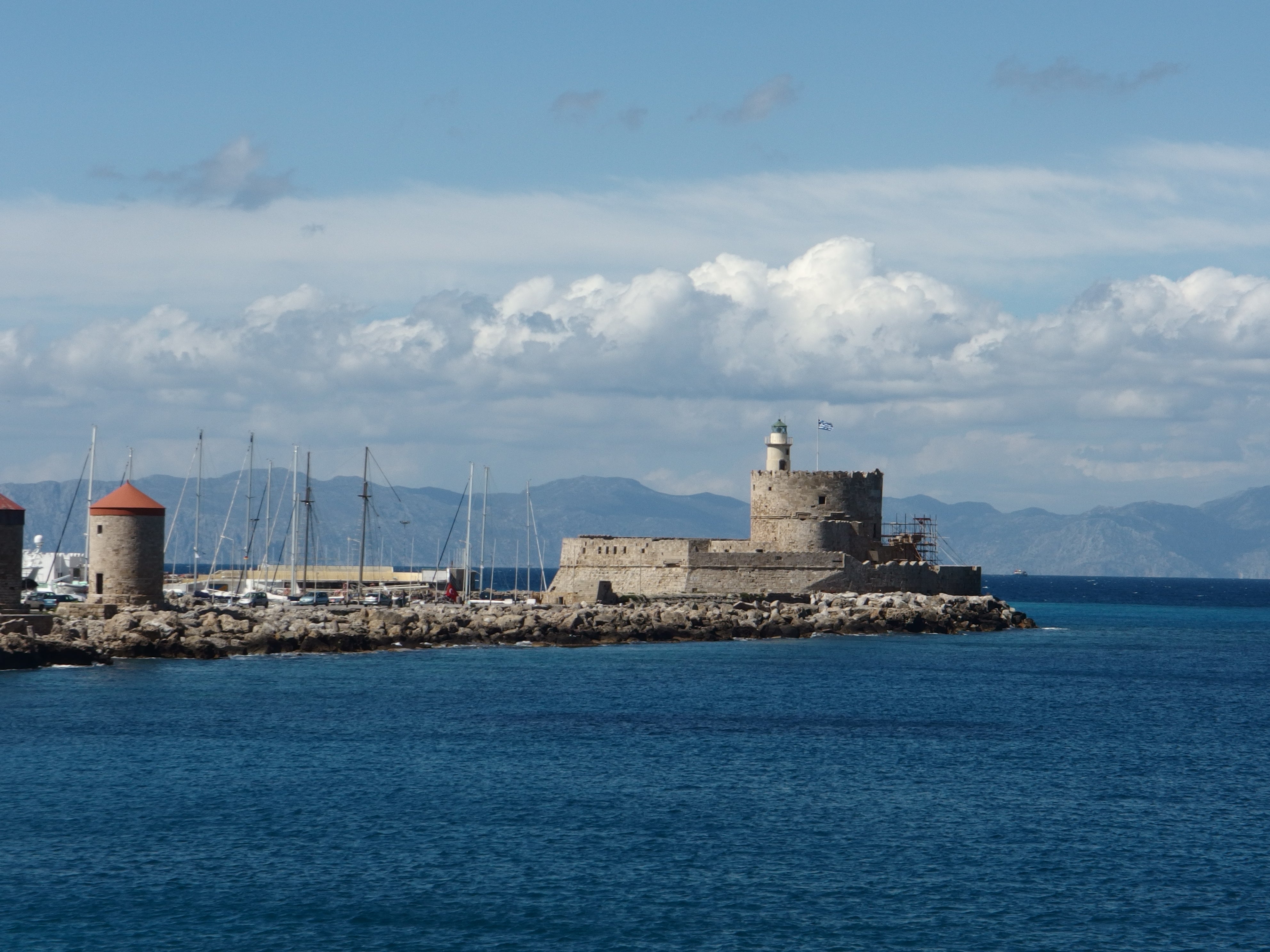This website uses cookies so that we can provide you with the best user experience possible. Cookie information is stored in your browser and performs functions such as recognising you when you return to our website and helping our team to understand which sections of the website you find most interesting and useful.

At the start of the year, travel to Europe was simplicity itself: every coastline, cafe and cultural icon was within easy reach. Today, the British holidaymaker must navigate through a coronavirus flow chart of infuriating complexity.
This, fellow travellers, is what 2020 has become. Those whom the gods would immobilise they first make mad, starting with the travel rules pertaining to the UK nation you live in. Will my country’s law allow me to travel out for fun – or, more importantly, to see loved ones? (For England, that’s a “no” until 3 December at the earliest.)
Does the Foreign Office regard the location as “unacceptably high risk,” invalidating standard travel insurance? Must I quarantine on return? Those are just the concerns from the UK perspective. The go/no-go questions continue…
Will my chosen destination let me in? For many, pleasure trips are banned – and even compassionate journeys will be tested. “Essential personal reasons are assessed on a case-by-case basis at the border check,” says the Finnish Border Guard.
Nations heavily dependent on tourism are more welcoming, but impose their own sets of hurdles.
In the case of Greece, you must complete a tricky passenger locator form at least 24 hours before you arrive; thousands of family holidays this summer have been wrecked because of non-compliance with this stipulation.
Increasingly, destinations demand pre-departure testing. But what kind? Will a quick and cheap antigen test suffice, or must it be the slower but more accurate PCR? How long in advance? Is that ahead of departure or arrival?
I can’t wait to visit Spain’s Canary Islands, now off the UK’s “no-go” list, but in these testing times the rules are a’changing. For the coming week, a quick and relatively cheap antigen test will suffice, and visitors staying in private accommodation are exempt. But from 23 November, the government in Madrid has mandated a PCR test, taken in the 72 hours prior to departure.
“I’ll go to Greece, then,” you might conclude – knowing that Corfu, Crete, Kos, Rhodes and Zante were singled out to retain quarantine-free status in the latest round of self-isolation bingo. But another key question: can I get to or from my destination without changing planes in a “no-go” location such as Athens?
The final departures from any of those islands to the UK for the rest of the winter take off on Saturday afternoon from Rhodes to Gatwick and Manchester. Transport secretary Grant Shapps was only teasing when he suggested you could make a midwinter visit to a gorgeous Greek island without (a) a private jet or (b) self-isolating on return.
Marine sanctuary three times the size of the UK created in the Atlantic
Fortunately, this tangle with red tape is precisely the warm-up that British travellers need ahead of the end of the Brexit transition period. Journeys to and from the European Union are about to get much more complicated.
Was my passport issued more than nine years, six months ago? How much will travel insurance cost me now that my Ehic card is useless? Have I got the right International Driving Permit and insurance “green card”? How long will the queue at Dover and Folkestone be? (The National Audit Office last week warned of waits of two hours in January, much longer in summer.) Plus many more.
And unlike coronavirus, fellow travellers, the UK voted for it.



 Africana55 Radio
Africana55 Radio 
